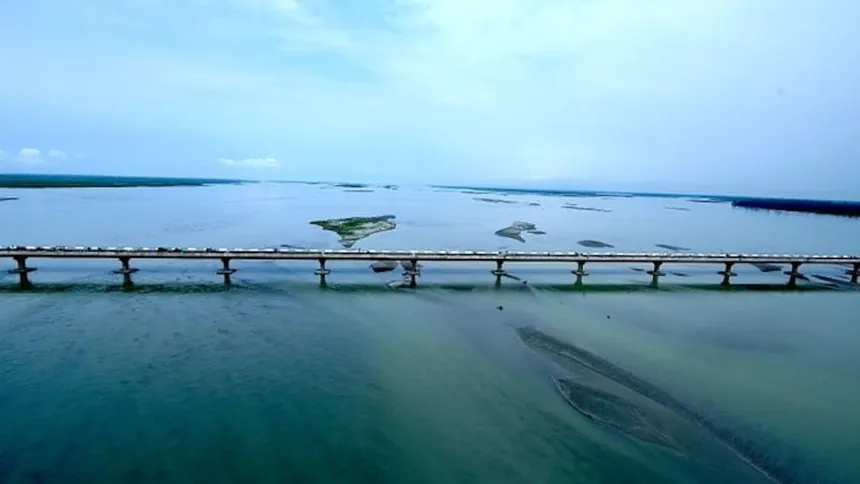
In a development that could ripple far beyond borders, China has halted the natural flow of the mighty Brahmaputra River, triggering alarms not just in India, but across the entire South Asian region. What may seem like a simple engineering decision might actually be the opening move in a complex geopolitical water chess match.
🌐 What’s Really Happening?
Deep in the remote Tibetan Plateau, China has reportedly diverted a major tributary of the Brahmaputra — known in China as the Yarlung Tsangpo — to accelerate construction of a massive hydroelectric project. But what’s raising eyebrows is the timing and secrecy of the move, especially as downstream nations like India and Bangladesh weren’t officially informed.
📡 Satellite images revealed sudden changes in water levels and flow direction near the project site, prompting urgent diplomatic inquiries from India.
⚔️ A Liquid Weapon?
Water, once a symbol of life, may now be turning into a strategic tool of pressure. Experts fear this act could be the start of “hydro-diplomacy” warfare — using rivers to flex geopolitical muscle.
“Controlling a river like the Brahmaputra isn’t just about electricity — it’s about leverage,” says a leading South Asia strategist.
India, particularly the northeastern states like Assam and Arunachal Pradesh, may face environmental shocks, reduced water availability, and long-term ecological imbalance if the diversion continues.
🔍 Why the World Should Care
The Brahmaputra isn’t just any river — it’s one of Asia’s largest and most volatile water systems, feeding millions. Blocking its flow could:
- 🧬 Impact biodiversity in the Indo-Burma region
- 🌾 Disrupt agriculture for millions of farmers
- 🚨 Trigger international tensions over water rights
- 🌀 Increase flash floods or droughts unpredictably
🛑 India’s Response: Calm or Calculated Countermove?
India’s Ministry of External Affairs has issued a cautious but firm statement, seeking clarification from Beijing and stressing that transboundary rivers cannot be controlled unilaterally.
“Water must remain a shared resource, not a tool of dominance,” the statement read.
Behind closed doors, however, sources hint that India is ramping up strategic talks with Bhutan and Bangladesh, while also pushing for a new satellite-based monitoring system to track upstream Chinese projects.
🌏 The Bigger Picture: Water Wars of the Future?
While wars have historically been fought over land or oil, the future may be dictated by water — and China’s Brahmaputra move might just be the opening gambit in that shift.
This isn’t merely a regional skirmish; it could set a precedent for river politics around the world — from the Nile in Africa to the Mekong in Southeast Asia.
🚨 What Now?
- The UN and World Bank may be roped in to mediate
- ASEAN and SAARC nations are watching with interest
- Environmental watchdogs are demanding an emergency summit
📣 Final Word
The quiet diversion of a river in Tibet may sound small — but the waves it creates could shape the next great global conflict or cooperation. Will water unite, or divide? Will diplomacy flow, or dry up?
Stay tuned, because the Brahmaputra may have just become Asia’s most explosive river — and this story is far from over.

